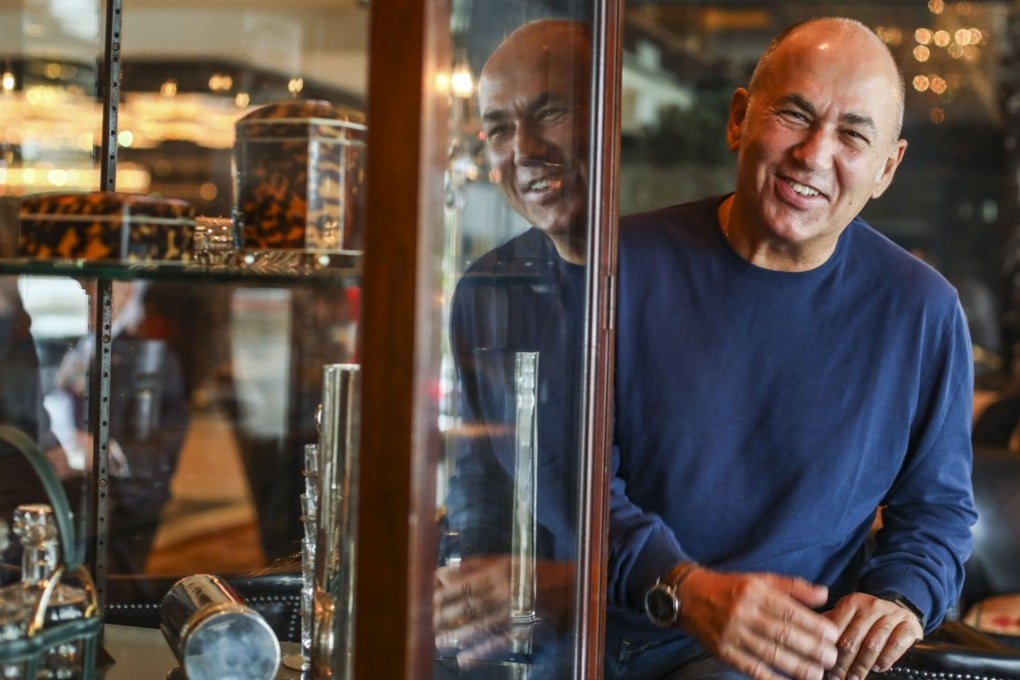When Turkey was open, modern and women wore bikinis: filmmaker recalls the 1960s
Turkish-Italian director Ferzan Özpetek talks about fairies, the Istanbul he grew up in, and getting to know some of Italy’s most famous filmmakers, from Bernardo Bertolucci to Elio Petri

Magic moments All of my life, I have listened to fairies and looked in the direction that they somehow have suggested. Don’t take this as a New Age thing, it’s just a fundamental skill: every time something wasn’t going as expected, I found I could work towards new directions, even better ones. I call them fairies to simplify the concept, but I am talking about a positive attitude: the capacity to allow ourselves to find something new and surprising.
Everything started back in the early ’60s in Istanbul, in what was then the open and modern country of Turkey. I was born on February 3, 1959, in the heart of Kalamis, an elegant neighbourhood that poets and singers would write about, with incredible houses that had been built by architects from all over the world and an old tram that would run roofless in summer. A magical, lost Istanbul.
A woman’s world Women played a fundamental role in my upbringing. Open and self-confident, bold, sophisticated and fearless women: they travelled alone, they wore bikinis even before the Italians did. One of my aunts was related to the poet Nâzim Hikmet, another was the first female pilot in Turkey. Aunt Betulla used to interrupt me while I was doing my homework: “Come on, let me teach you how to build a kite. You will never make a woman happy if you cannot do that, or make her laugh.”
My grandma had married twice, both times to men from important Pasha families (a high rank within the Ottoman political and military system). Mum married twice as well, and I was born out of her second marriage. The women of my family were not devout, they were against any form of religious teaching – something that I have carried with me my whole life – but they were very social and well connected.

Writer Orhan Pamuk describes this ’60s Turkish society [masterfully] in his evocative book Istanbul: Memories and the City (2003).
